How to Access Affordable Dental Care in the UK: A Comprehensive Guide
In the UK, dental care is an essential part of overall healthcare, but for many, the cost of private dentistry can be prohibitive. While the National Health Service (NHS) offers a wide range of dental services, not everyone is aware of the opportunities available to access low cost or discounted dental care. This article explores how to obtain dental treatment in the UK, detailing who qualifies and how to apply.
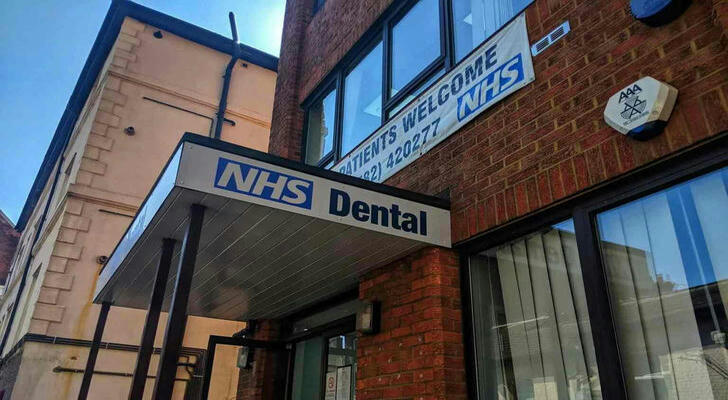
1. NHS Dental Care for Eligible Groups
The NHS provides dental care in certain circumstances. The main groups who qualify for NHS dental treatment include:
• Children under the age of 18, or under 19 if still in full-time education.
• Pregnant women and those who have given birth within the past 12 months.
• People on specific benefits: Those receiving Universal Credit, Income Support, Income-based Jobseeker's Allowance, or other qualifying state benefits are eligible for dental treatment.
To access NHS dental services, individuals must meet the eligibility criteria. People receiving benefits must show proof of their current status (for example, a benefits letter or a Universal Credit statement). You can check eligibility and apply through the NHS website or your local dentist.
2. NHS Low Income Scheme
This scheme is designed to help those on a low income pay for necessary healthcare services, including dental care. Depending on your income, you may be eligible for a partial reduction in treatment costs.
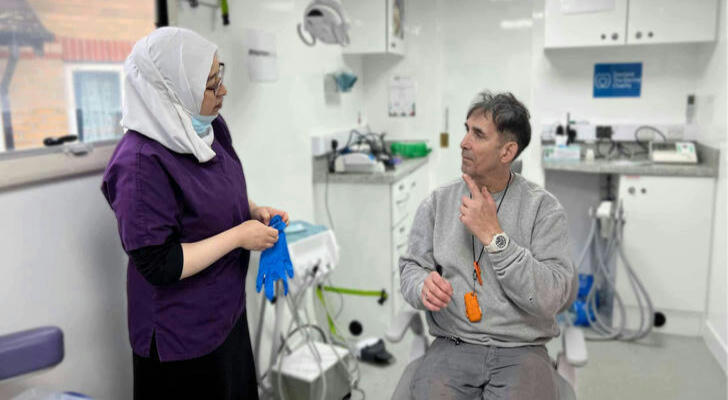
To apply, you need to fill out an HC1 form, which is available from NHS offices, some local doctors' surgeries, or online at the official NHS website. If approved, you will receive an HC2 certificate that entitles you to reduced or low income NHS dental care.
3. NHS Dental Charges
NHS dental treatments are generally subsidised, with charges being much lower than private dentistry.
The NHS uses a system of bands to calculate how much patients pay for dental treatments. There are three main bands, ranging from basic check-ups to more complex procedures:
• Band 1: Covers a basic consultation and diagnosis, typically costing around £25.
• Band 2: Covers fillings, extractions, and other routine treatments, usually costing around £70.
• Band 3: Covers more complex procedures such as crowns, dentures, and bridges, which can cost up to £250 or more.
These prices vary depending on your location, as some areas may charge higher or lower rates for NHS services.
4. Discounted care from dental schools
Another way to get reduced-cost dental care is to visit a dental school. Dental schools in major cities such as London, Manchester and Edinburgh offer reduced-cost dental treatment as part of their students' training programs. Famous schools that offer this service include:
Aberdeen University Dental School
Birmingham Dental Hospital
Cardiff University Dental Hospital
Sheffield University Dental Hospital
Edinburgh Dental Institute
Glasgow University Dental School
Guy's and St Thomas' Hospital
Leeds Dental Institute
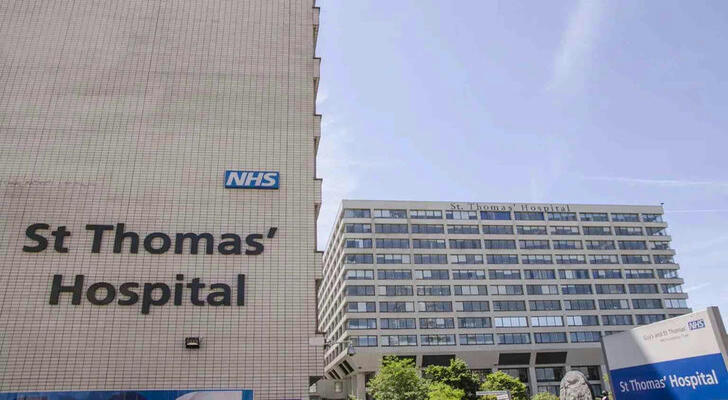
From the above examples, if you want to get dental treatment from a dental school, you usually need to meet the following conditions:
• Willing to accept student treatment: You need to agree to let dental students perform treatment under the supervision of a tutor.
• Suitable treatment needs: Dental care services are usually applicable to some simple treatments such as examinations, cleanings, fillings, etc. More complex treatments (such as root canal treatment, orthodontics, etc.) may require additional fees.
• Application process: You usually need to contact the relevant dental school first and fill in an application form. Some schools may have a waiting list, so it is more secure to apply as early as possible.
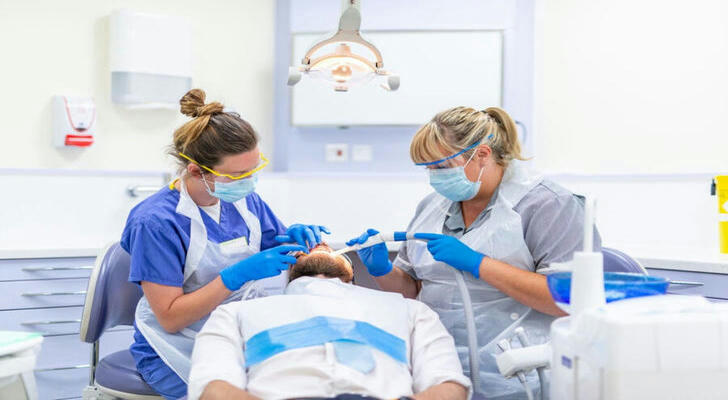
5. Charities or community dental services
Some charities or community health organizations provide dental treatment for low-income or special groups.
Dental charities (such as Dentaid): Dentaid is a charity that provides dental treatment, with a special focus on remote areas and people with special needs. Dentaid regularly organizes dental clinics, providing routine treatment including examinations, cleanings, fillings, etc.
Official website link: Dentaid
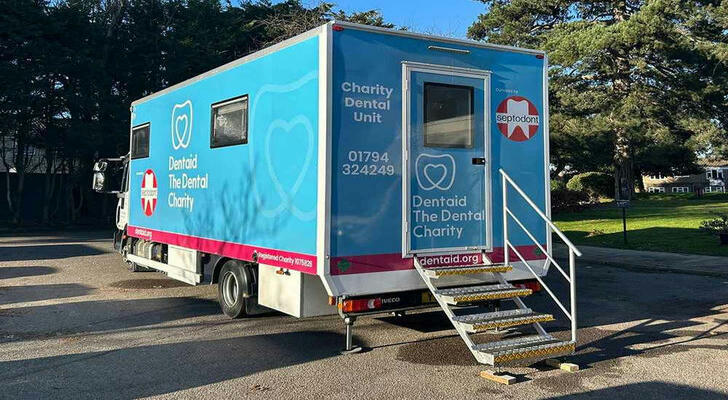
6. Emergency Dental Care
If you are in need of emergency dental care and are unable to afford treatment, the NHS may provide urgent care. This might include pain relief, a temporary filling, or other interventions to manage severe dental pain. Emergency dental treatment is often available outside of normal hours, such as on weekends or public holidays.
You can contact your local NHS urgent dental care service by calling 111. They will advise you on where to go for treatment and whether you qualify for emergency care.
7. Conclusion
Accessing low cost dental care in the UK is possible, but eligibility depends on various factors, including age, income, and specific circumstances. Whether you are a child, a pregnant woman, or someone on low income, the NHS provides avenues for subsidized care. Additionally, dental schools and community services can offer low-cost alternatives. Understanding these options and applying through the correct channels is key to ensuring you receive the necessary dental care without a financial burden.
For more information, please see: Dental care
